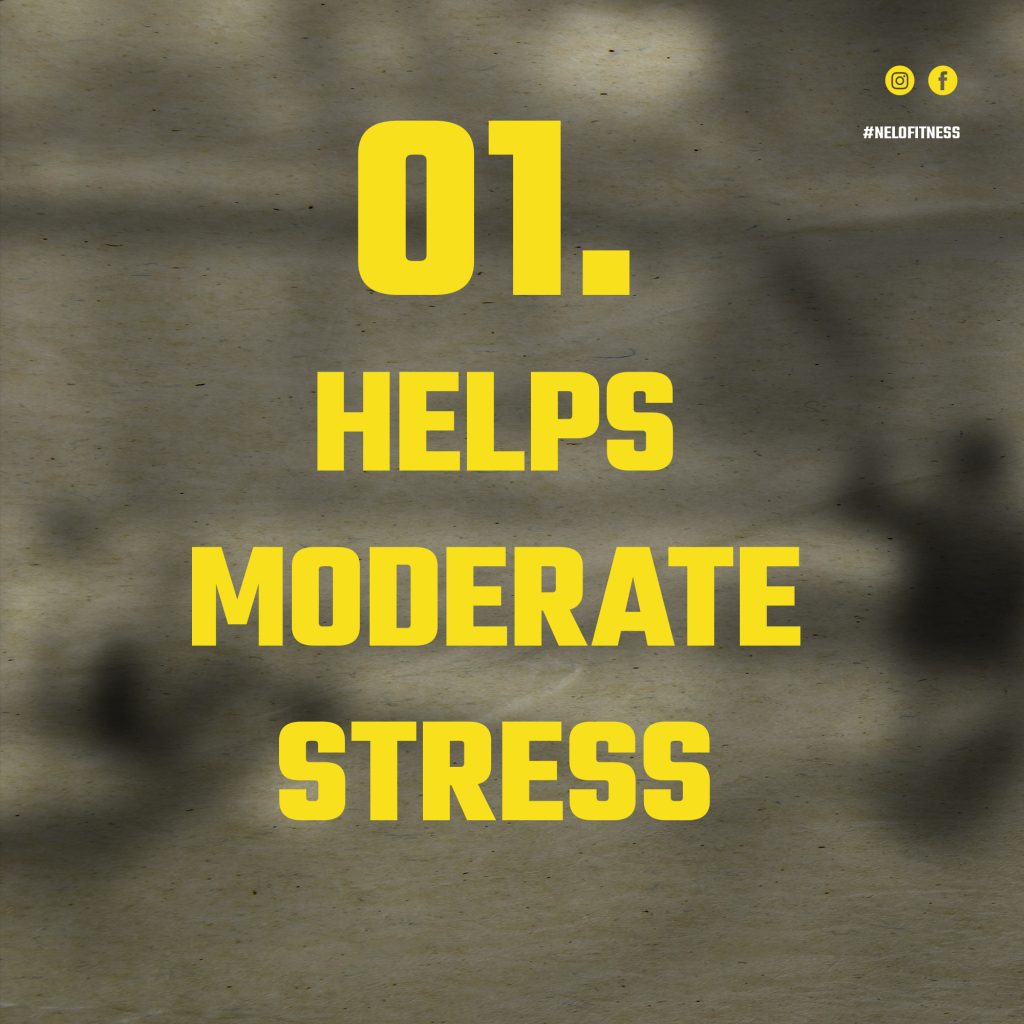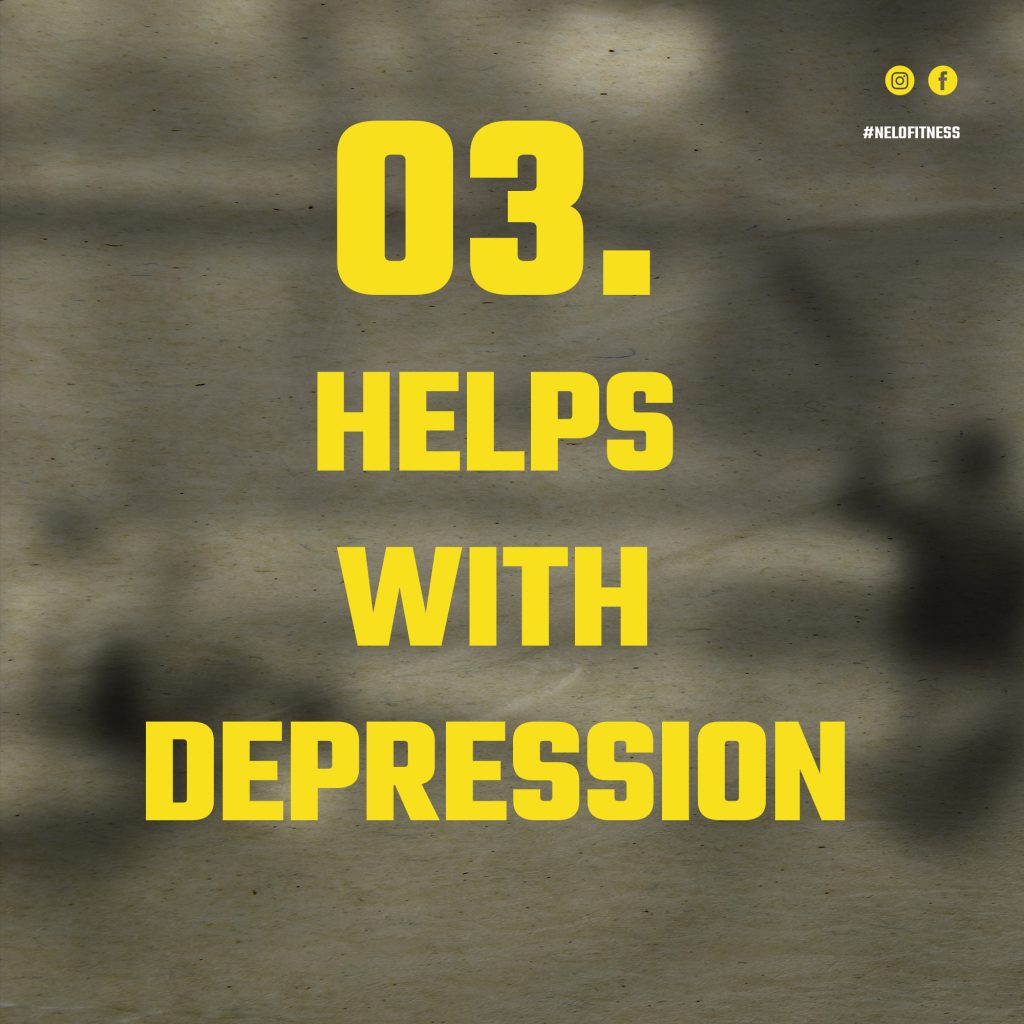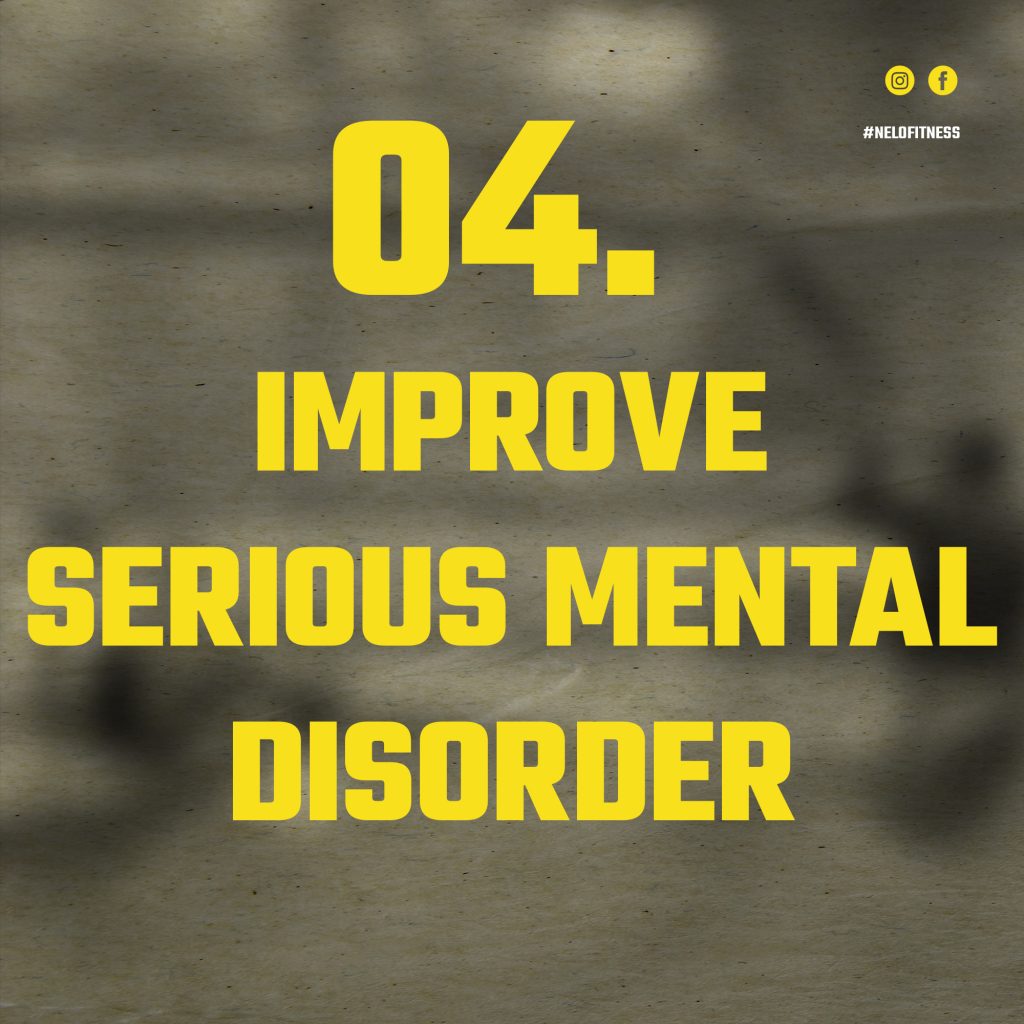
Benefits of canoeing for Mental Health
Sports boost your overall health and offer many benefits. Probably you enjoy practising sports because you can spend time with your friends or maybe because it keeps you fit.
But do you know that sports benefit your mental health too? It makes you happier or less stressed and canoeing is no exception.
Canoeing calms your mind, strengthens your muscles, and improves your overall well-being.




Canoeing helps moderate stress.
Do you know that 75% to 90% of doctor visits are for stress-related illnesses?
As with any other sport, canoeing helps you manage stress. Exercise causes your body to release endorphins, the chemicals in your brain that relieve pain and stress. It also reduces the levels of stress hormones, cortisol and adrenaline.
Studies have shown that 20 to 30 minutes of exercise each day can make people feel calmer. This calmness continues several hours after exercise.
Canoeing will also improve your mood.
It forces you to put aside your worries and concentrate on paddling. This helps you clear your mind and calm down. It also helps you sleep better.
Canoeing helps fight addictions.
A study of Norwegian teenagers found that those who played sports were less likely to smoke cigarettes and use cannabis as adults and researchers in Korea recommended the use of sports to help teens combat internet addiction.
Helps with depression.
Canoeing help treat depression. Studies show that exercise improves symptoms of depression and reduces the risk of relapse. The exercise was found to be as effective as a standard antidepressant treatment in one study, with modest amounts of exercise helping to improve depression.
Improve serious mental disorders.
Exercise can help if you have a serious mental illness such as schizophrenia. It improves some symptoms of schizophrenia, including loss of motivation and thinking difficulties, but is less effective with other symptoms like hallucinations.




